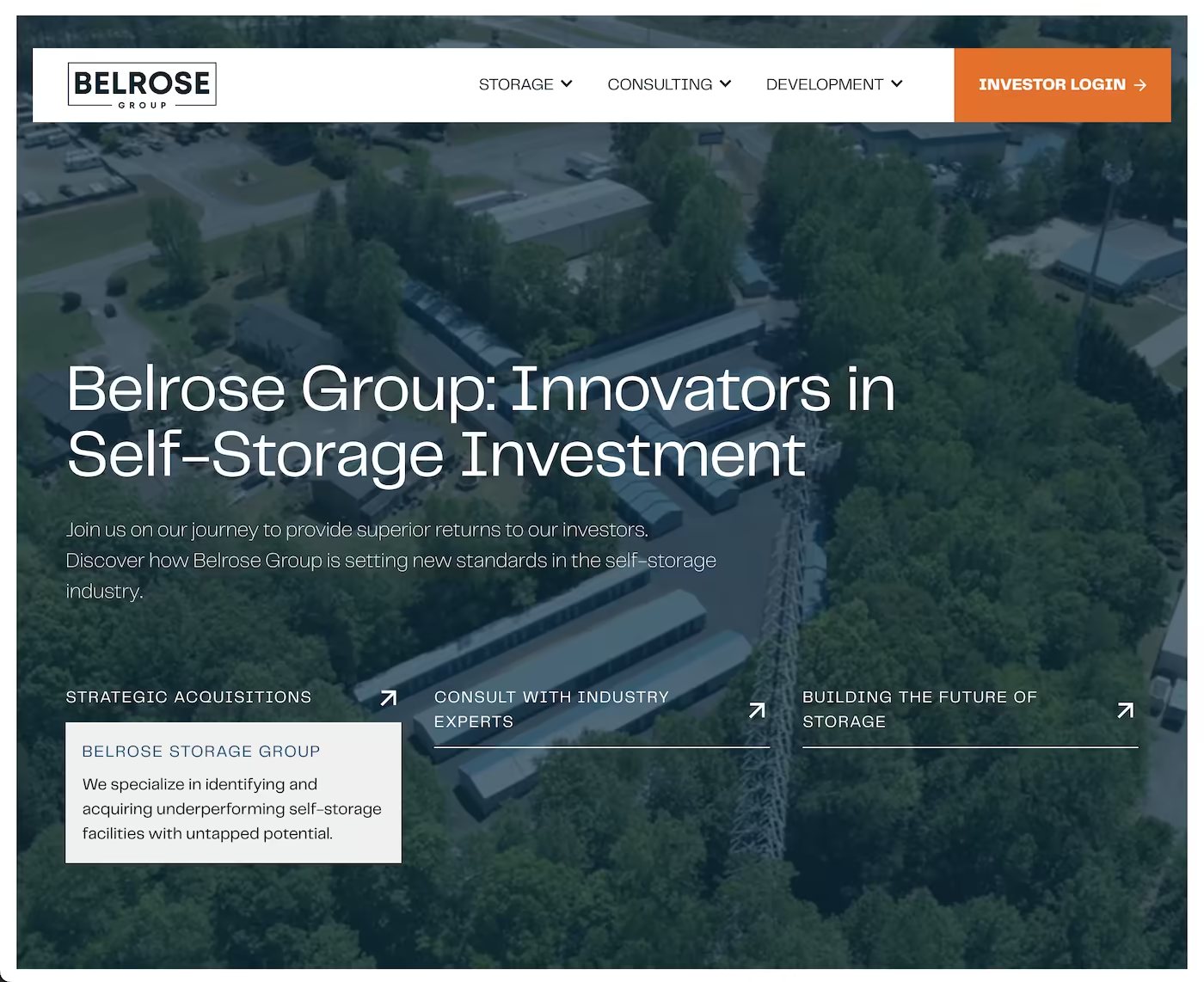BigQuery Pricing Structure and Budget Planning
BigQuery pricing operates on a transparent pay-per-use model with storage costs at £0.016 per GB and query processing at £4 per TB, making it cost-effective for most businesses while providing predictable scaling as data usage grows.
Budget planning includes understanding usage patterns, optimising query efficiency, and leveraging the generous free tier that provides 1TB of monthly queries and 10GB storage, often sufficient for small to medium business analytics needs.
Storage and Query Pricing Components
BigQuery costs include data storage charges and query processing fees, with storage priced monthly and queries charged based on data processed, enabling precise cost control through query optimisation and data management strategies.
Cost Structure Breakdown
Storage pricing includes active data (£0.016/GB/month) and long-term storage discounts (£0.008/GB/month) for data not accessed for 90 days, providing cost efficiency for historical data retention and analysis.
Query pricing charges based on data processed rather than query complexity, encouraging efficient query design and data organisation that minimises costs while maximising analytical value.
Budget Planning Categories
- Small businesses (£20-50/month): Basic analytics with moderate data volumes and query frequency
- Medium operations (£100-200/month): Regular analysis with growing data volumes and team usage
- Large enterprises (£500+/month): Complex analysis with massive datasets and advanced analytics
- Free tier usage: 1TB monthly queries and 10GB storage for testing and small projects
- Cost optimisation strategies: Query efficiency and data organisation for budget control
Free Tier and Getting Started
BigQuery's generous free tier includes 1TB of query processing and 10GB of storage monthly, providing substantial analytics capability for small businesses and extensive testing opportunities for larger organisations.
Free Tier Maximisation
Free tier benefits include learning BigQuery capabilities, testing analytical approaches, and developing query optimisation skills before committing to paid usage, reducing implementation risk and learning costs.
Getting started includes utilising free resources for training, proof-of-concept development, and analytical framework establishment that ensures successful scaled implementation and cost-effective usage patterns.
Usage Pattern Analysis and Optimisation
Cost management requires understanding query patterns, data processing volumes, and analytical requirements that inform budget planning and optimisation strategies for sustainable BigQuery usage.
Optimisation includes query efficiency improvement, data partitioning strategies, and analytical workflow design that minimises processing costs while maximising insights and business value from data analysis.
Scaling Considerations and Growth Planning
BigQuery pricing scales predictably with usage growth, enabling accurate budget forecasting and cost planning as business analytics needs expand and data volumes increase over time.
Growth planning includes anticipating data volume increases, team expansion, and analytical complexity growth that inform long-term budget planning and cost management strategy development.
ROI Assessment and Value Justification
BigQuery investment typically delivers strong returns through improved decision-making, operational efficiency, and strategic insights that exceed platform costs through better business outcomes and competitive advantages.
Value assessment includes considering analytical capabilities, decision-making improvements, and strategic insights that BigQuery enables compared to alternative analytics solutions and their limitations or higher costs.
Ready to plan your BigQuery budget and maximise analytical value? Our data analysis expertise includes usage assessment, cost optimisation strategies, and implementation planning that ensures cost-effective BigQuery adoption aligned with your business analytics needs and budget requirements.



